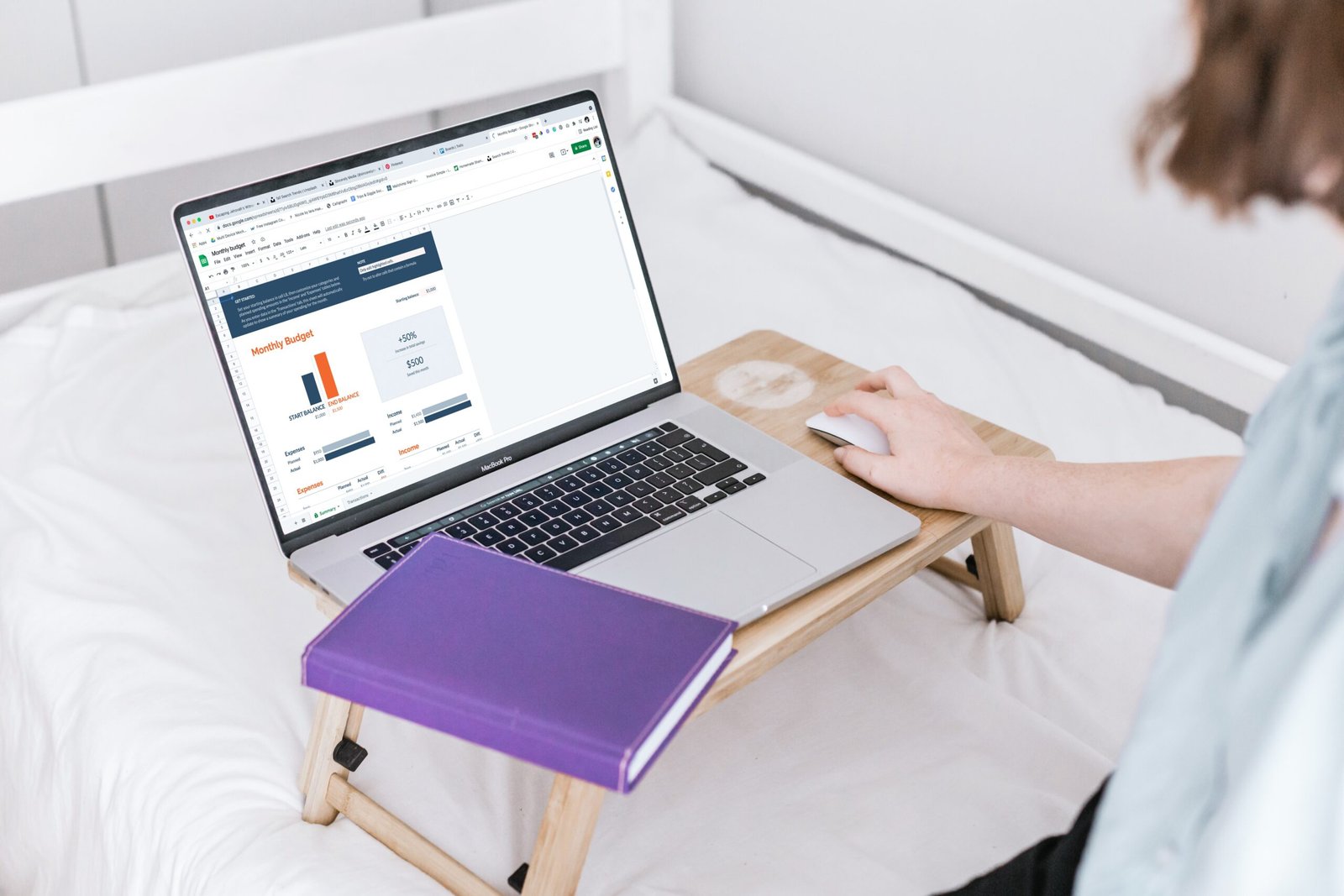
Introduction
Managing personal finances can be a challenging task, especially when it comes to budgeting. However, with the right strategies and mindset, anyone can master the art of budgeting and take control of their financial future. In this guide, we will explore the importance of budgeting, tips for creating an effective budget, and how to stick to it.
The Importance of Budgeting
Creating a budget is crucial for managing your personal finances. It allows you to track your income and expenses, prioritize your spending, and save for future goals. A budget provides a clear overview of your financial situation and helps you make informed decisions about where your money should go.
Tips for Creating an Effective Budget
1. Assess Your Income and Expenses: Start by evaluating your monthly income and fixed expenses such as rent, utilities, and loan payments. Then, track your variable expenses like groceries, transportation, and entertainment. This will give you a clear understanding of your cash flow.
2. Set Financial Goals: Determine your short-term and long-term financial goals. Whether it’s saving for a down payment on a house, paying off debt, or planning for retirement, having specific goals will help you stay motivated and focused on your budget.
3. Categorize Your Expenses: Divide your expenses into categories such as housing, transportation, food, entertainment, and savings. This will allow you to see where your money is going and identify areas where you can cut back if needed.
4. Prioritize Your Spending: Once you have categorized your expenses, prioritize them based on their importance and align them with your financial goals. This will help you make informed decisions about where to allocate your money.
5. Track Your Spending: Keep a record of your expenses and compare them to your budget regularly. This will help you identify any overspending and make adjustments as needed. There are numerous budgeting apps and tools available that can simplify this process.
6. Be Realistic and Flexible: When creating a budget, it’s important to be realistic about your income and expenses. Don’t forget to leave room for unexpected expenses or emergencies. Additionally, be flexible and willing to make changes to your budget as your financial situation evolves.
Sticking to Your Budget
Creating a budget is one thing, but sticking to it can be a challenge. Here are some tips to help you stay on track:
1. Stay Motivated: Keep your financial goals in mind and remind yourself why budgeting is important to you. Visualize the benefits of sticking to your budget, such as financial freedom or achieving your dreams.
2. Avoid Impulse Purchases: Before making a purchase, ask yourself if it aligns with your budget and financial goals. Avoid impulsive buying and give yourself time to consider whether the purchase is necessary.
3. Find Accountability: Share your budgeting goals with a trusted friend or family member who can hold you accountable. Consider joining a support group or online community where you can connect with others who are also focused on managing their finances.
4. Reward Yourself: Set milestones in your budgeting journey and reward yourself when you achieve them. This will help you stay motivated and make budgeting feel more enjoyable.
5. Review and Adjust: Regularly review your budget and make adjustments as needed. Life circumstances and financial goals may change, so it’s important to adapt your budget accordingly.
Conclusion
Mastering budgeting is a valuable skill that can transform your financial life. By creating an effective budget and sticking to it, you can take control of your personal finances, achieve your goals, and build a secure future. Remember, budgeting is not about restricting yourself, but rather about making intentional choices that align with your values and priorities.
